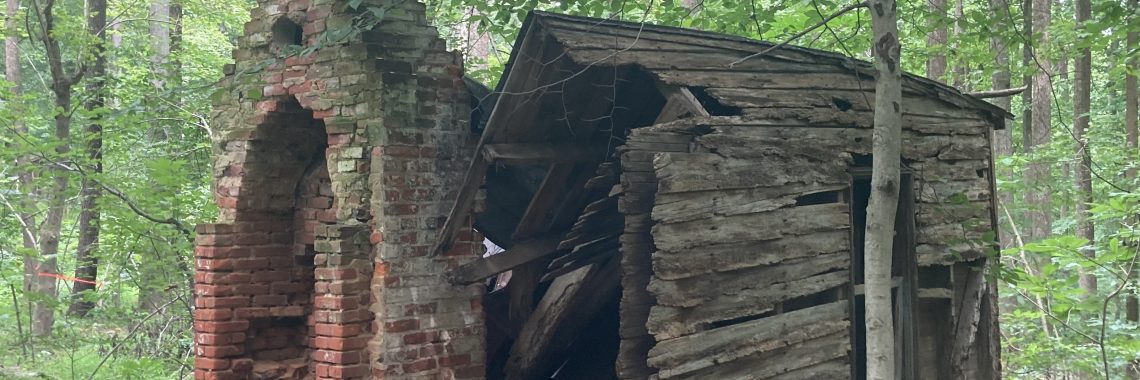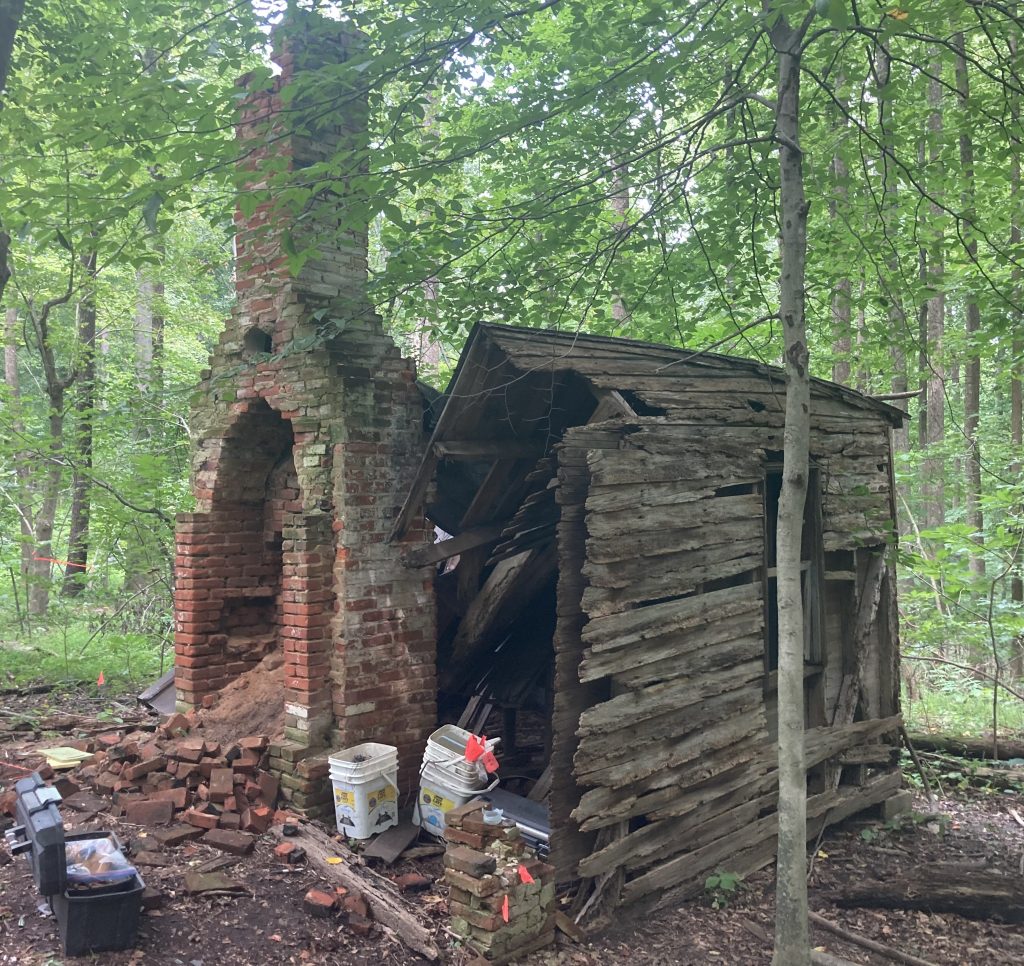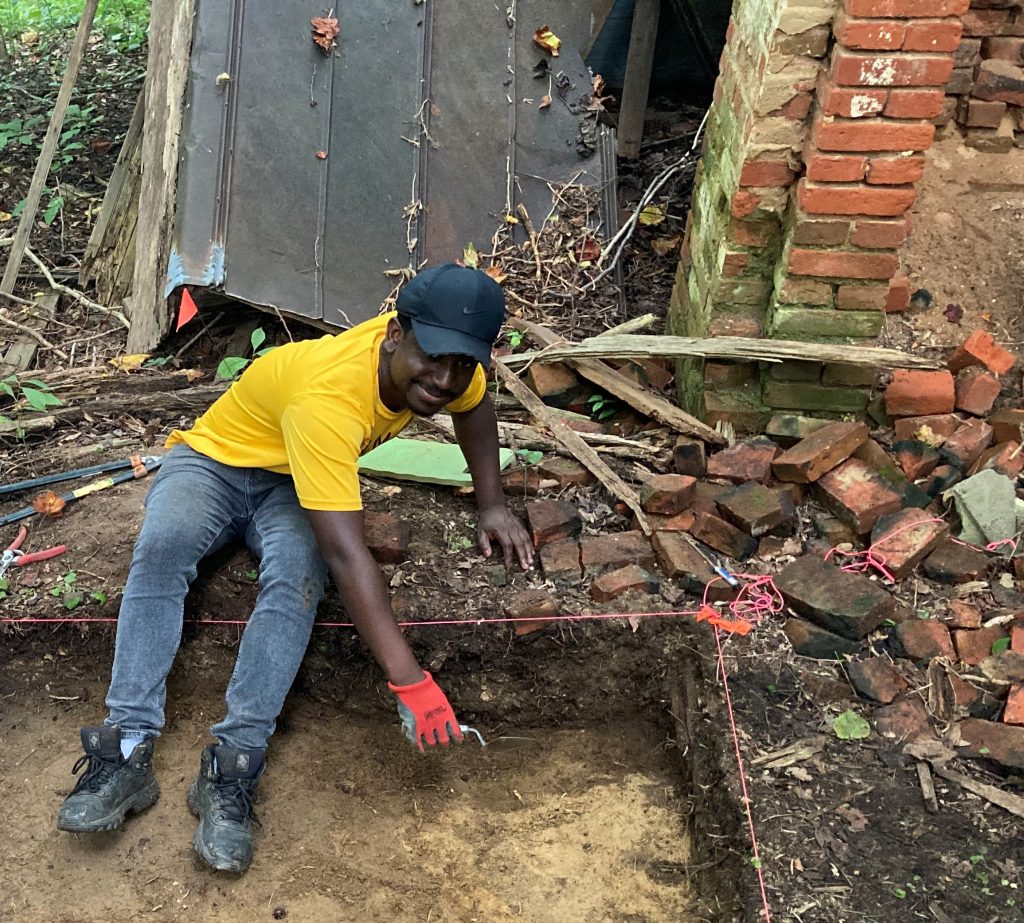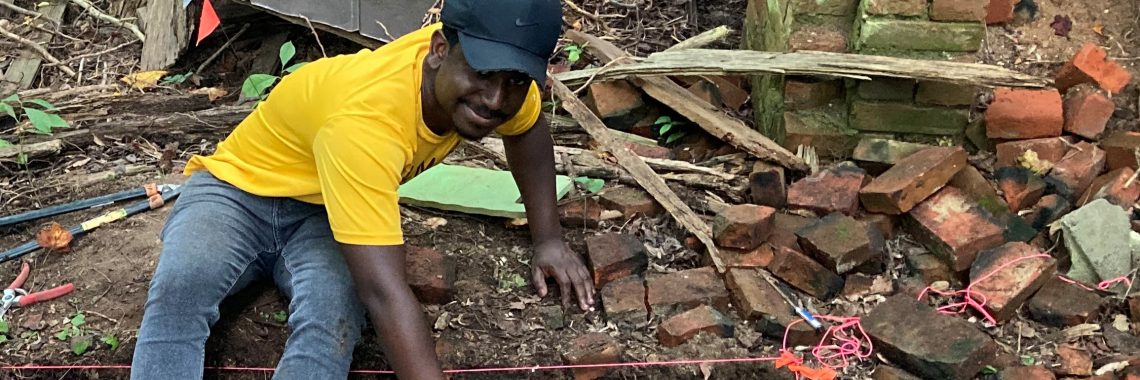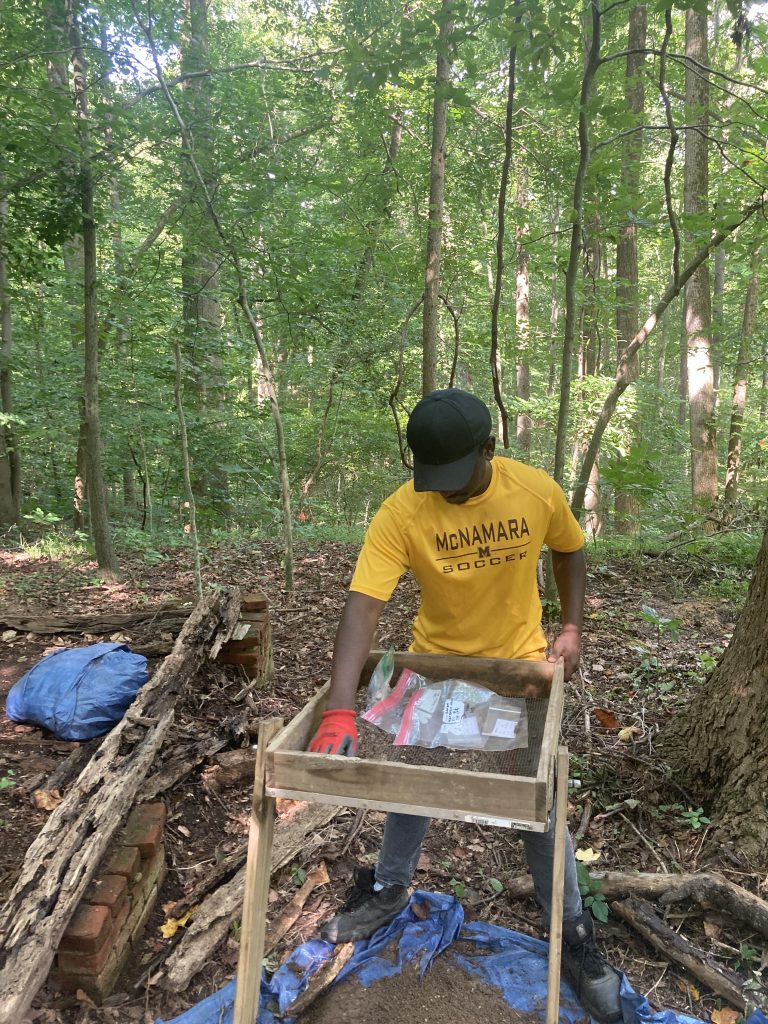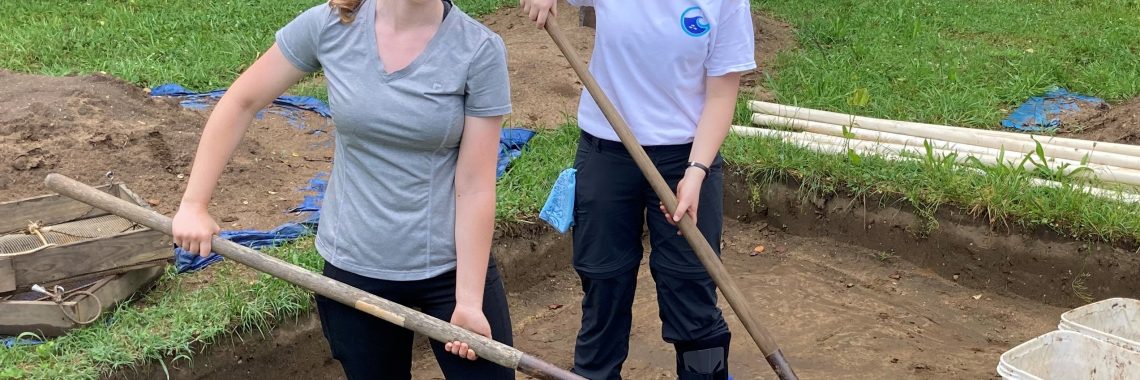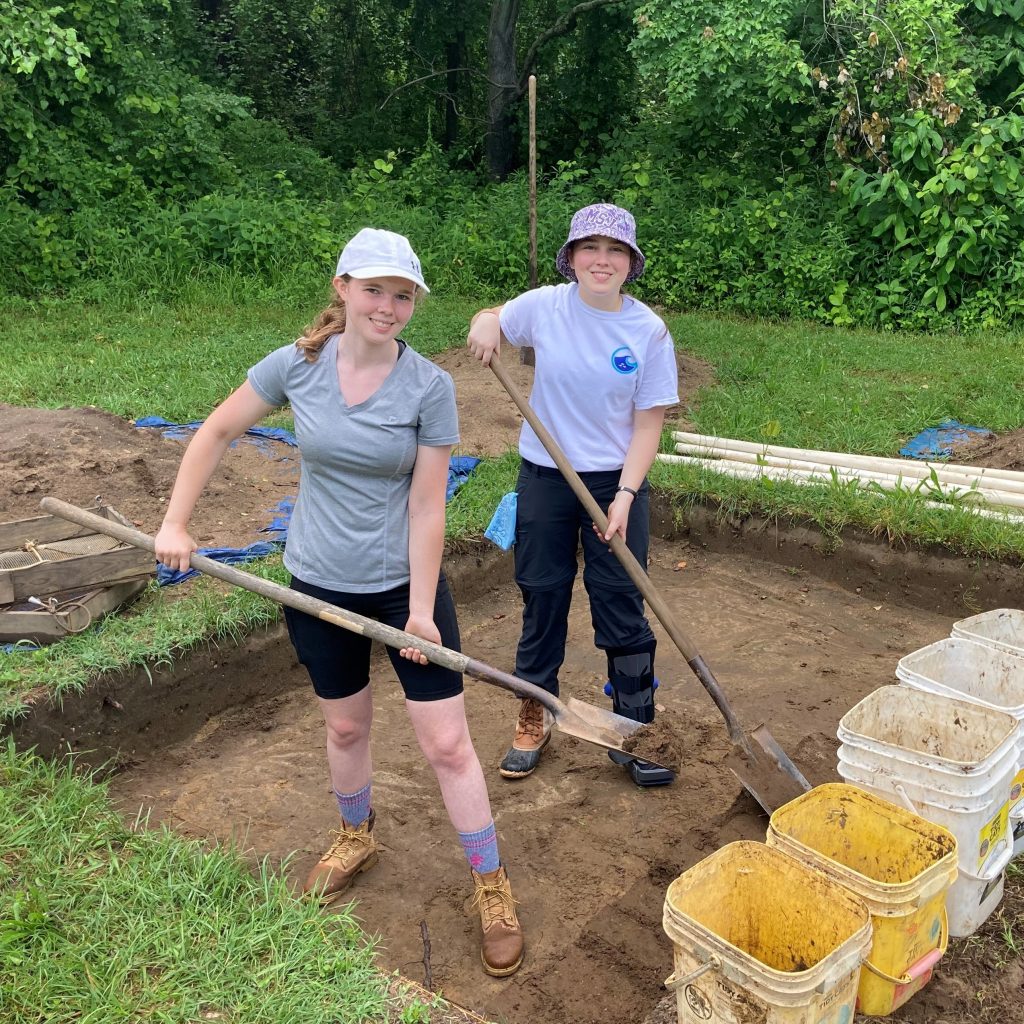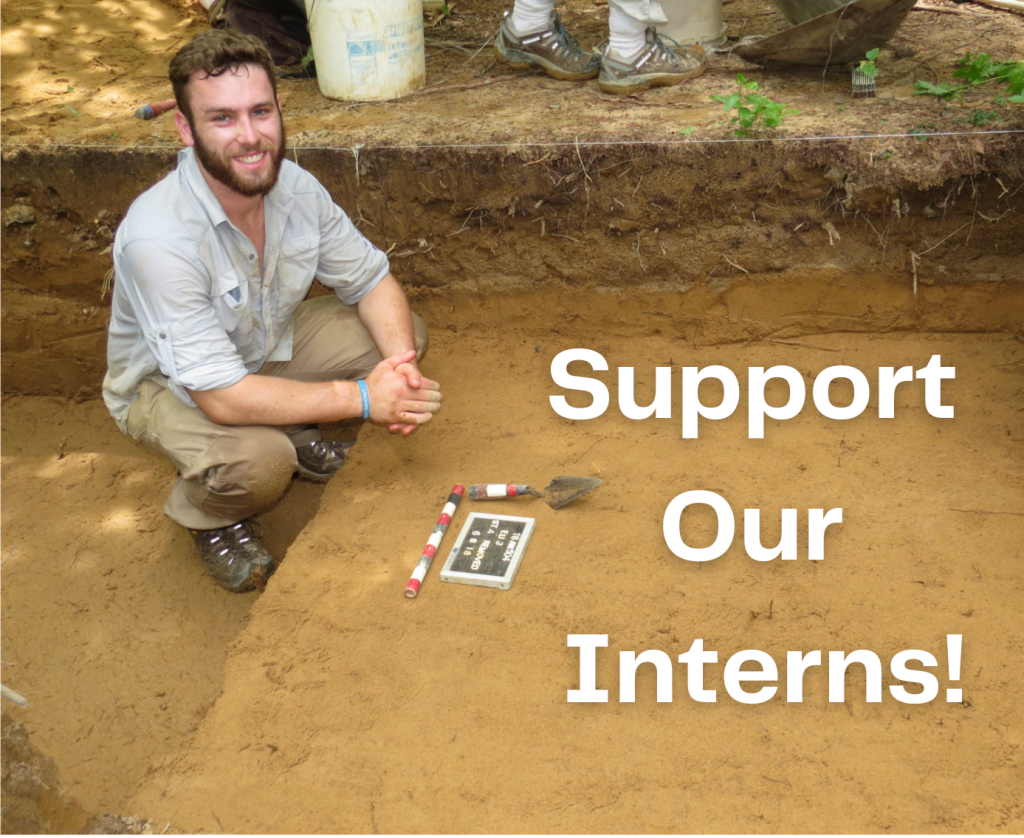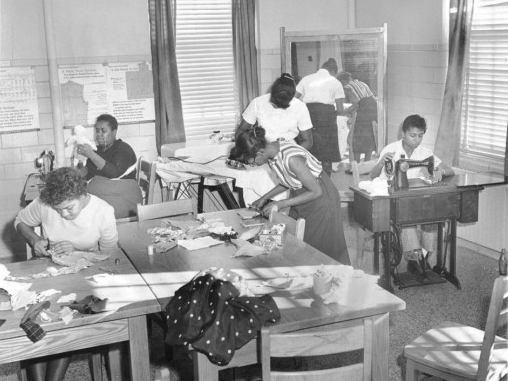The Arden Tenant House: An Intern Perspective
Contributed by Lost Towns Project summer intern Tyler Wilson
This summer, I worked on a project to research, excavate, and document 19th-century Black households in Anne Arundel County, Maryland to create a more inclusive history. These households were inhabited by both enslaved and free African Americans before and after emancipation. As an intern on this project, I was tasked with updating the Anne Arundel County cemetery database and completing inventory forms while assisting in both the lab and fieldwork for the project. The data that was gained from this project is significant because it gives historic value and acknowledgment to a community that was often ignored or forgotten about. The central site for the summer took place at the Arden Tenant House (18AN609) where a lot of artifacts and data were collected.
Arden Tenant House, located on old Harwood Road in Harwood, Maryland, was a property owned by Dr. James Murray. The main house on the property is a rare Louisiana-style plantation house, and this is where Dr. Murray would have lived. After emancipation, black tenant farmers lived in the tenant house a short distance away. At the tenant house, most artifacts were found through shovel test pits dug by the interns, and through surface finds. The surface finds and shovel test pits were organized and flagged on a digital grid system. Due to the property being occupied for decades, there were countless pieces of ceramics, glass bottles, and other artifacts found everywhere, mostly on the surface. Along with this, two professional archeologists excavated the floor within the house where countless more artifacts such as stockings, ceramics, and even animal bone were found. If we had more time, the site would have garnered much more data.
The two weeks spent at Arden were memorable to me because it was the first time I was able to do fieldwork in the United States. The only time I had ever worked in the field was at my field school which took place in Hertfordshire, England. So, being able to do archeology in the state I’m from while also finding countless artifacts was very memorable. Arden was also such an amazing site due to the sheer number of artifacts that could be found on the property.
Tyler Wilson is one of our two funded interns this year! Your support can help us provide internships to the next generation of archaeology and historic preservation professionals. If you are able, please consider making a tax-deductible internship donation to the Lost Towns Project today. Every contribution, no matter the size, makes a big difference in preserving local history. Thank you!

